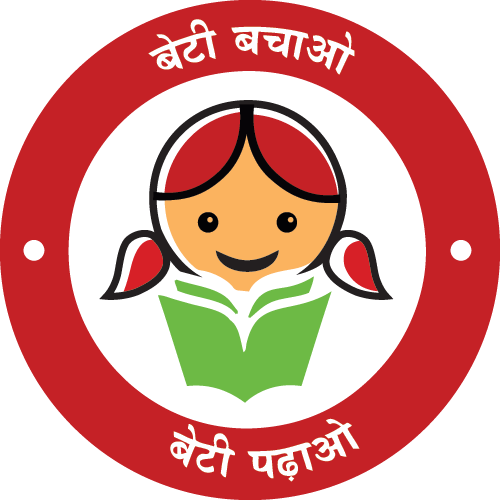Dr. Charu WaliKhanna Member, NCW Chief Guest at National Tripartite Workshop on Pay Equity and Gender Wage Gap in India : Causes and Concerns held on 26-27 November, 2012
Dr. Charu WaliKhanna Member NCW was Chief Guest at National Tripartite Workshop on Pay Equity and Gender Wage Gap in India : Causes and Concerns held on 26-27 November, 2012 at Hotel Le Meridien, New Delhi organized by International Labour Organization (ILO).
The Tripartite Inter-Ministerial Task Force on Gender Equality in the World of Work chaired by the Ministry of Labour and Employment, Government of India in its second meeting held on 15th March, 2012 discussed the issue of Gender Wage Gaps in India and made two important recommendations viz. 1) A step by Step Guidelines for Gender Neutral Evaluation to be formulated with a specific method to evaluate 2) Study to be commissioned to understand the Causes of Gender Pay Gaps exploring gender and caste dimensions.
As a follow up to the above recommendations, the ILO formulated a Step-by-Step Guide for Gender Neutral Job evaluation for Equal Pay. Also, to follow up the second recommendation, the ILO prepared a study on Gender Wage Gap in India with Institute of Social Studies Trust (ISST). This study brought out the facts on nature, extent dimensions and causes of Gender Pay Gap in India.
In order to discuss the draft Guide on Gender Neutral Job Evaluation for Equal Pay and deliberate upon the findings of Gender Wage Gap study in India, and to take the comments/feedback from various Ministries of Government of India, Employers’ and Workers’ organizations, a two-day Tripartite National Workshop was organized at Hotel Le Meridien, Janpath, New Delhi during 26-27 November 2012.
Dr. Charu WaliKhanna, Member, NCW, addressing participants said that in India, ‘EQUALITY’ is enshrined in the Constitution of India. Women are almost half of the workforce. They are equal, if not main breadwinner, they receive more college and graduate degrees than men; yet, women continue to earn considerably less than men.
The Equal Remuneration Act, 1976 was enacted in order to give effect to Article 14 (Fundamental Rights) and Article 39 (d) of the Constitution; but she lamented that almost 40 years post the Equal Remuneration Act, 1976 coming into effect and yet unequal pay for women is still prevalent in India. She said that wage gap is the result of a variety of forms of gender discrimination, including discrimination in hiring, promotion and pay, sexual harassment and other ways in which women workers and women’s work are undervalued. As unequal pay persists, so do other forms of gender discrimination, such as sexual harassment in the workplace. Few people realize that sexual harassment also constitutes wage discrimination. After long and repeated sexual harassment, women leave or lose their jobs, potential raises, promotions etc.
Dr. Charu WaliKhanna informed the participants that in the Central Advisory Committee constituted under the Act, NCW is also a member. In their meeting held in 2011, it was stated that in rural part, women workers are still not getting equal pay especially in the agriculture sector.
Dr. Charu WaliKhanna elaborated on the proposed amendments to the Equal Remuneration Act by NCW in 2001, specifically under Sections 5, 7 and 15.
Ms Tine Staermose, Director, ILO gave the welcome address. Mr. A.C. Pandey, Joint Secretary, Ministry of Labour and Employment delivered Inaugural address.
The participants at the workshop included Mr. K S Ravichandran, National Professional Officer, ILO; Ms. Saadya Hamdani, Gender Specialist, ILO; Mr. Rajib Nandi, and Ms. Ratna Sudharshan ISST; Ms. Supriya Rao, ILO Consultant; Senior representatives from the Ministries of Labour and Employment, Women and Child Development, Government of India; National Mission on Empowerment of Women, Senior Officials from Labour Departments of selected State Governments, Employers’ and Workers, organizations, and civil society organizations.




















